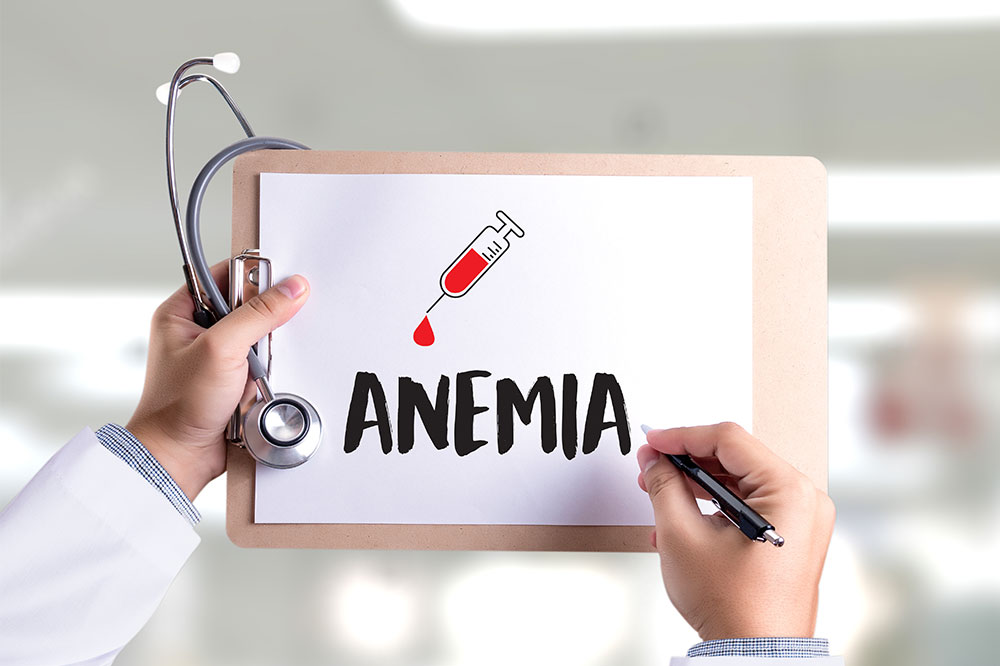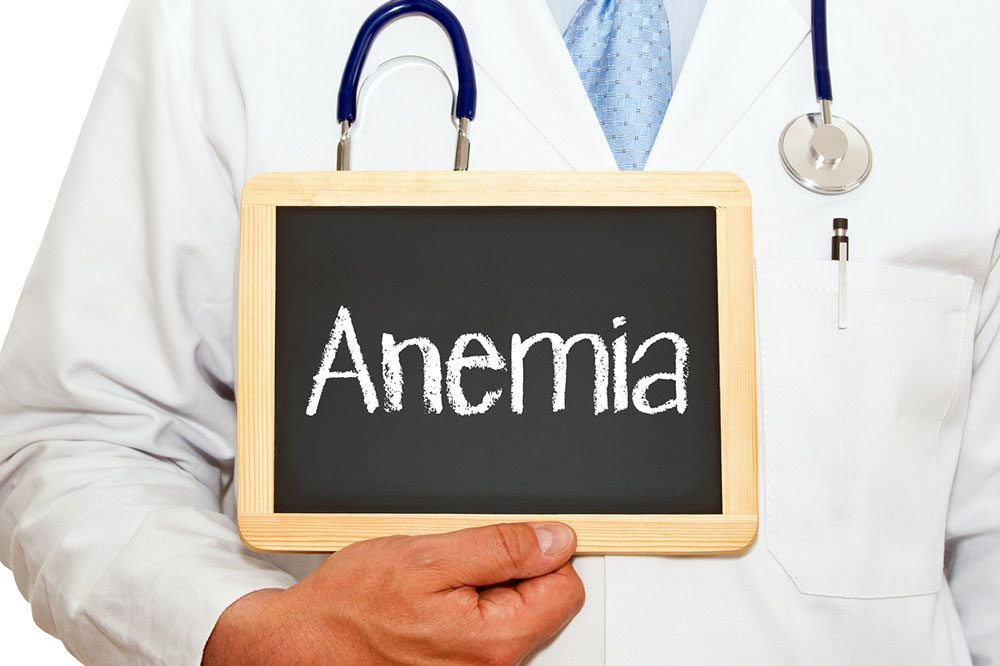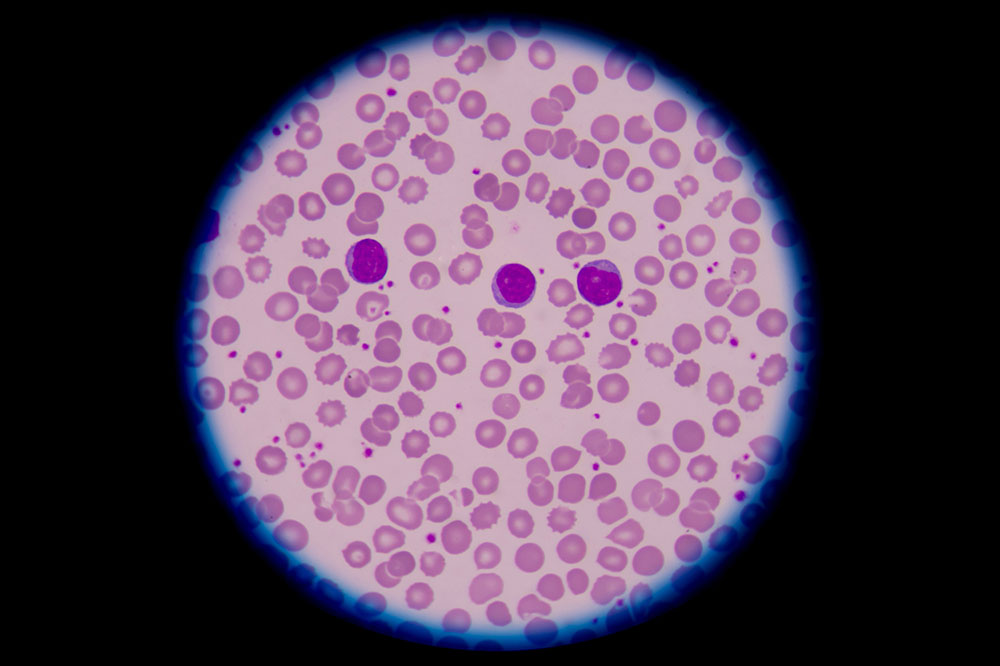Comprehensive Overview of Anemia: Causes, Types, and Prevention Strategies
This article offers a detailed overview of anemia, including its various types, causes, diagnosis methods, and preventive strategies. It emphasizes the importance of a nutritious diet and regular health checkups for early detection and management of the disorder, providing valuable insights for maintaining blood health and preventing anemia-related complications.

Comprehensive Overview of Anemia: Causes, Types, and Prevention Strategies
Anemia is a common blood disorder impacting various components such as red blood cells, white blood cells, platelets, and plasma. Among these, anemia primarily involves a reduction in red blood cells, leading to symptoms like pallor, fatigue, and shortness of breath. Different types of anemia exist, each with distinct causes and treatments.
Types of anemia
Decreased red blood cell count causes anemia. Here are some common forms:
Iron-deficiency anemia
Results from insufficient iron intake or blood loss, hindering red blood cell production.
Chronic disease-related anemia
Linked to long-term illnesses like kidney disease, requiring targeted treatment.
Pernicious anemia
Caused by poor B12 absorption due to autoimmune issues or stomach problems.
Aplastic anemia
Occurs when bone marrow fails to produce enough blood cells.
Autoimmune hemolytic anemia
An immune response destroys red blood cells, leading to anemia.
Thalassemia
A genetic condition that may be symptomless or require regular transfusions.
Polycythemia vera
An abnormal overproduction of blood cells, increasing clotting risk.
Diagnosis of anemia
If symptoms arise, doctors will evaluate medical history, perform physical exams, and conduct tests like the Complete Blood Count (CBC) to determine red blood cell levels. Additional assessments, including bone marrow analysis, help identify the specific cause.
Preventive measures
While not all anemia types are preventable, maintaining a diet rich in iron, vitamin C, folic acid, and vitamin B12 can reduce risk. Foods like leafy greens, lentils, beans, tofu, and vitamin C-rich fruits are beneficial. Regular health checkups facilitate early diagnosis and treatment.
Disclaimer:
The information provided is for educational purposes only. It should not replace professional medical advice. Always consult healthcare professionals for diagnosis and treatment of health conditions.










